Alarm Will Sound: 1969
By the end of the 1960s, The Beatles had been absent from any kind of live performance for years. This supposed retirement from commercial concerts, however, never fully quelled speculation that the group could return to the stage in some way. Of the various conjectured shows, none held more what-if potential than a rumored collaboration between the Fab Four and German avant-garde composer Karlheinz Stockhausen.
According to a vague report noted in a biography by author Michael Kurtz, Stockhausen was said to have arranged a meeting with one of The Beatles at his New York apartment in 1969 to discuss a joint concert, but a blizzard ultimately kept the two parties apart. Between Paul McCartney occasionally citing a fascination with Stockhausen’s “Gesang der Junglinge” in interviews, The Beatles including a image of him in the cover crowd of Sgt. Pepper’s Lonely Hearts Club Band, and John Lennon’s “Revolution 9” getting regular critical comparisons to Stockhausen’s Hymnen, The Beatles and Stockhausen maintained at least a shred of connectivity to make such a collaboration possible.
Though the rendezvous, like most hearsay, has been proven to be devoid of truth, fiction has never gotten in the way of inspiration. Such is the case with avant-garde ensemble Alarm Will Sound and its most recent work, 1969. Mixing musical composition, scripted acting, audio dialogue, and archival video, the group’s live production uses the myth of the would-be collaboration as a jumping-off point to examine a time period rife with political, artistic, and social change. ALARM recently spoke with the ensemble’s conductor, Alan Pierson, to discuss the new work, its combination of history and falsehood, and why the year of 1969 was such a big deal.
Let me ask you about 1969. How did this concept develop?
We had been working on this for a long time. In a way, it goes back to those composer portraits as one-composer concerts. Those sorts of concerts, we felt, were a really good way for us to be developing our reputation in New York. But at a certain point, we felt like we wanted to do something broader than that. What I liked about the composer portraits was that they were a way of creating a contemporary music concert that really felt like an event, rather than just a collection of pieces.
There was a really special kind of vibe that you got when you had people walking into a hall to experience an entire evening of Steve Reich or of György Ligeti. The question was “How [do we] create that kind of experience with a broader repertoire?” and “What is a way to bring together really different kinds of music in a coherent framework?”
We did a couple of things along those lines. We did a show called Odd Couples at Carnegie Hall in 2006, which I think was really successful. But as we started brainstorming ideas for concerts, one thing I started thinking about was this idea of doing music of a single year and using a period of time as a way to connect really different kinds of music. Nineteen sixty-nine just emerged pretty quickly in that process as a really interesting time to look at. In the process of looking at that more deeply, I stumbled on this story of the planned meeting between Stockhausen and The Beatles, and it just seemed like too great a story not to tell.

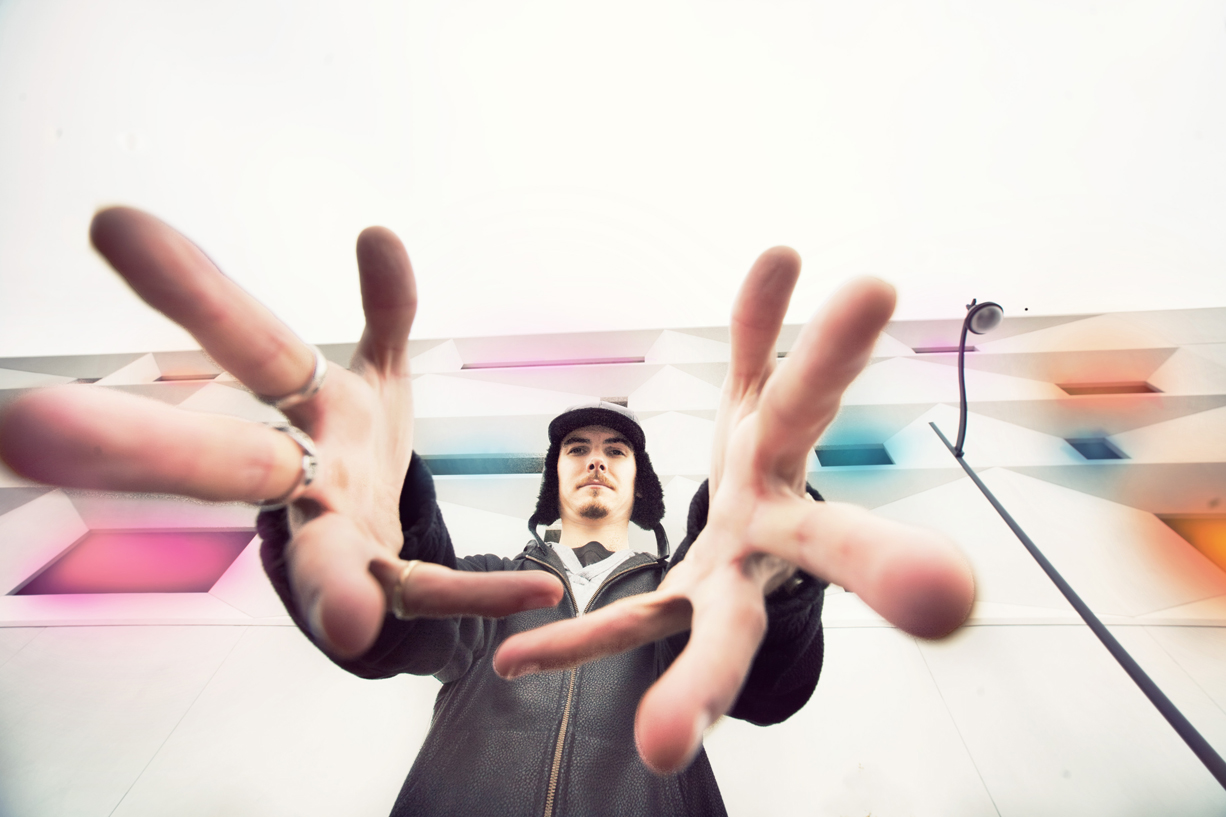
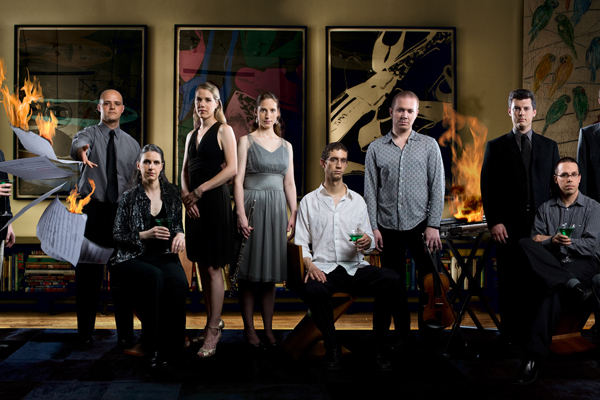
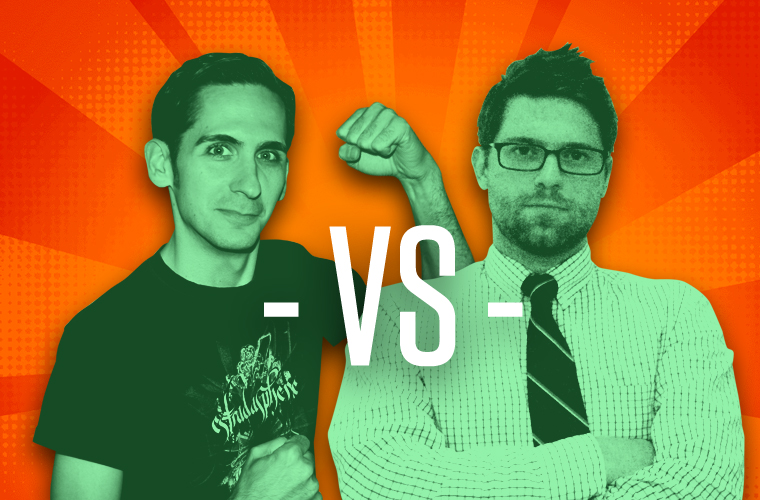
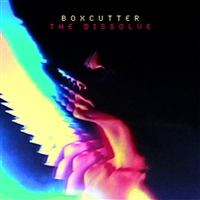 Boxcutter: The Dissolve (
Boxcutter: The Dissolve (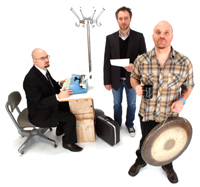 Hard-hitting jazz trio The Bad Plus knows how to pen pieces of proprietary gold. But its three members are also known for their genre-leaping renditions of rock songs, propelled by the chops of pianist Ethan Iverson, bassist Reid Anderson, and drummer David King. Here are the group’s ten best covers.
Hard-hitting jazz trio The Bad Plus knows how to pen pieces of proprietary gold. But its three members are also known for their genre-leaping renditions of rock songs, propelled by the chops of pianist Ethan Iverson, bassist Reid Anderson, and drummer David King. Here are the group’s ten best covers.